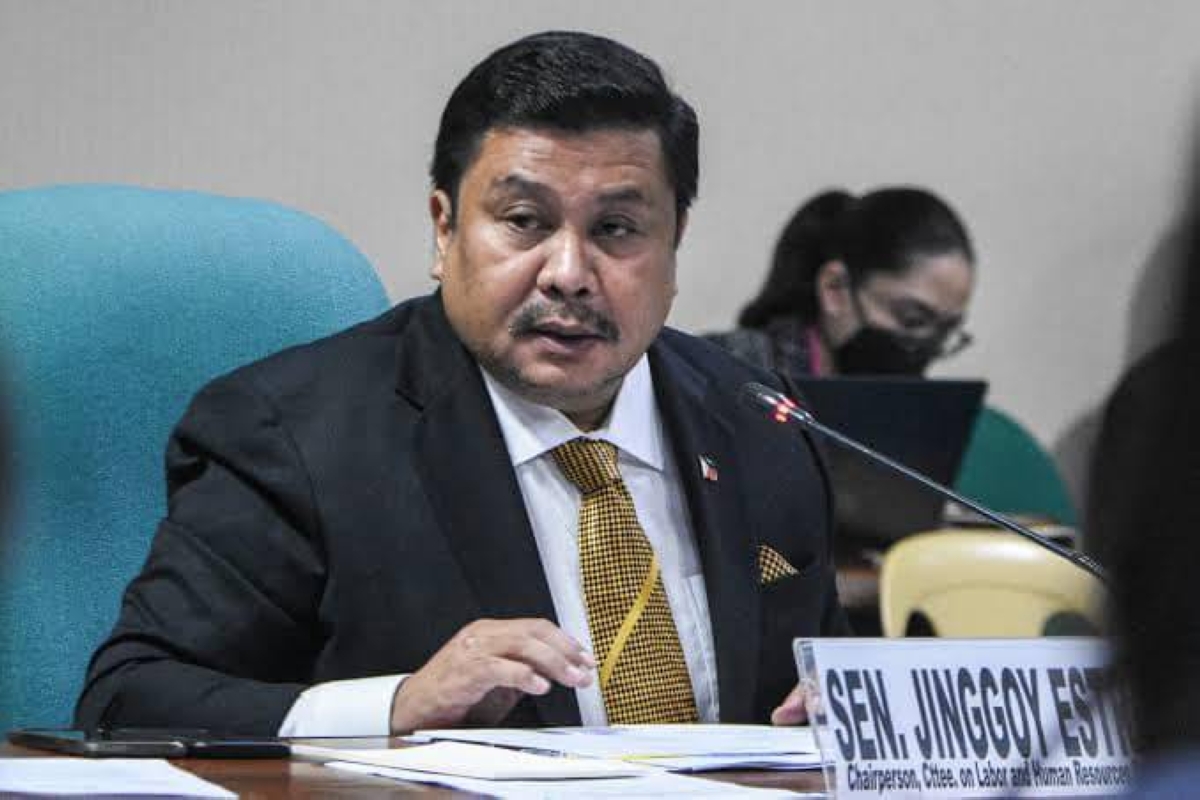In a recent development that has captured the attention of the Filipino public, Senator Jose “Jinggoy” Estrada has been acquitted of charges of plunder by the Sandiganbayan, the country’s anti-graft court. However, the senator was found guilty of direct and indirect bribery.
The ruling, which spans an extensive 396 pages, was released by the court’s fifth division on Friday. It states that Estrada is not guilty of pocketing P183 million from his Priority Development Assistance Fund (PDAF) or pork barrel in 2013, which was allegedly funneled through the companies of businesswoman Janet Lim-Napoles.
While the acquittal on the charge of plunder is a significant victory for Estrada, it is important to note that he has been convicted of one count of direct bribery and two counts of indirect bribery. These charges carry a potential sentence of up to 12 years imprisonment, as well as the possibility of disqualification from public office and the right to suffrage.
In response to the guilty ruling, Estrada has expressed his intention to appeal to the Sandiganbayan. This legal process will allow him to challenge the court’s decision and present his case to a higher authority.
The case surrounding Estrada is part of a larger scandal known as the “pork barrel scam,” which implicated several senators and lawmakers in the Philippines. The scheme, orchestrated by Janet Lim-Napoles, involved the misappropriation of government funds intended for development projects.
It is worth noting that Napoles herself has not been found guilty of plunder in this particular ruling. However, she has been convicted of seven counts of corruption, which carries a minimum penalty of 12 years imprisonment.
This case has drawn significant attention due to its implications for public trust in the Philippine government and its fight against corruption. The Sandiganbayan’s ruling is seen as a crucial step in holding public officials accountable for their actions and ensuring transparency in the country’s political landscape.
The acquittal of Estrada on charges of plunder raises questions about the evidence presented in court and the standards for proving guilt beyond a reasonable doubt. On the other hand, the conviction on bribery charges highlights the court’s determination to address corrupt practices and maintain the integrity of the justice system.
It is important to recognize that this case is specific to the Philippines and its legal framework. The laws, customs, and political context of the country play a significant role in shaping the outcome of such cases. As an international audience, it is crucial to understand the nuances of the Philippine legal system and the unique challenges it faces in combating corruption.
In conclusion, the acquittal and conviction of Senator Jinggoy Estrada in the recent ruling by the Sandiganbayan reflects the complexities of the Philippine legal system and its ongoing battle against corruption. While Estrada has been cleared of charges of plunder, he has been found guilty of bribery. This case serves as a reminder of the importance of transparency, accountability, and the pursuit of justice in the political landscape of the Philippines.







